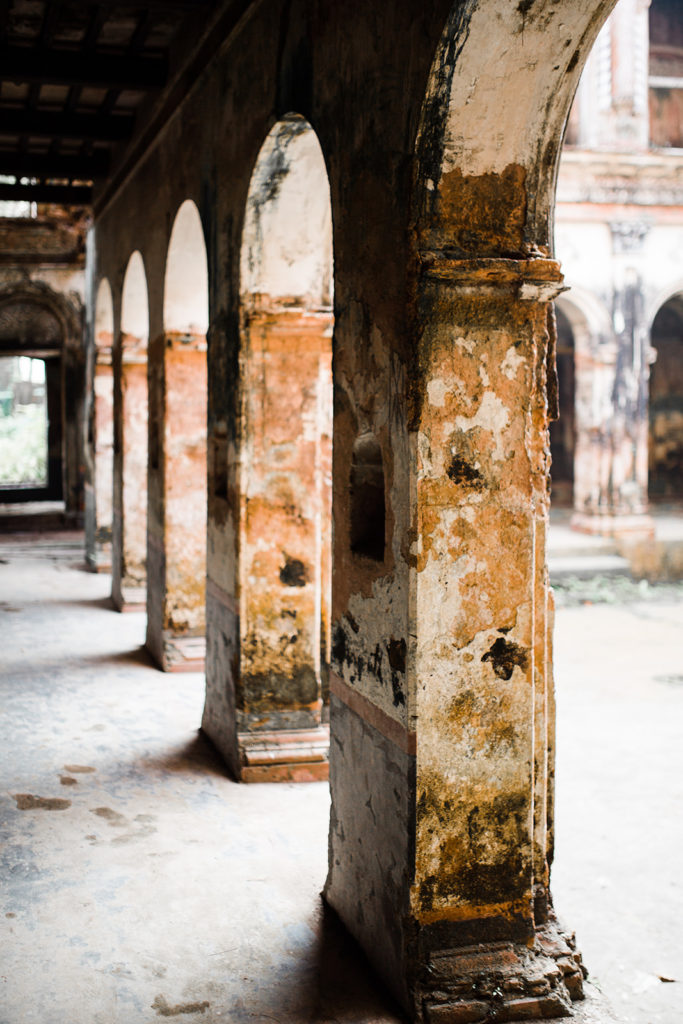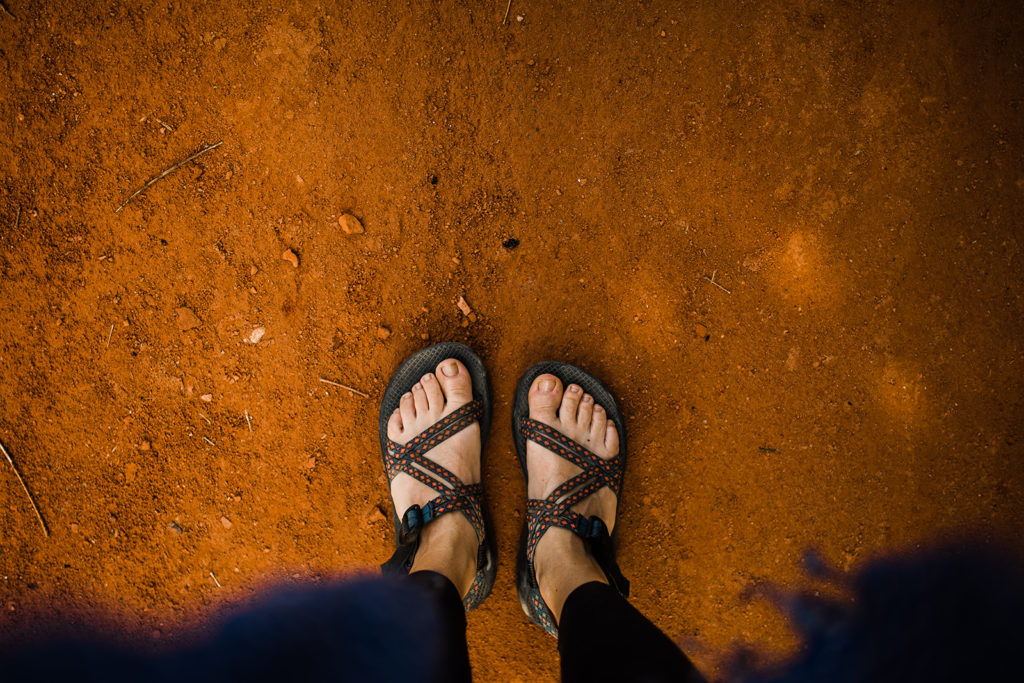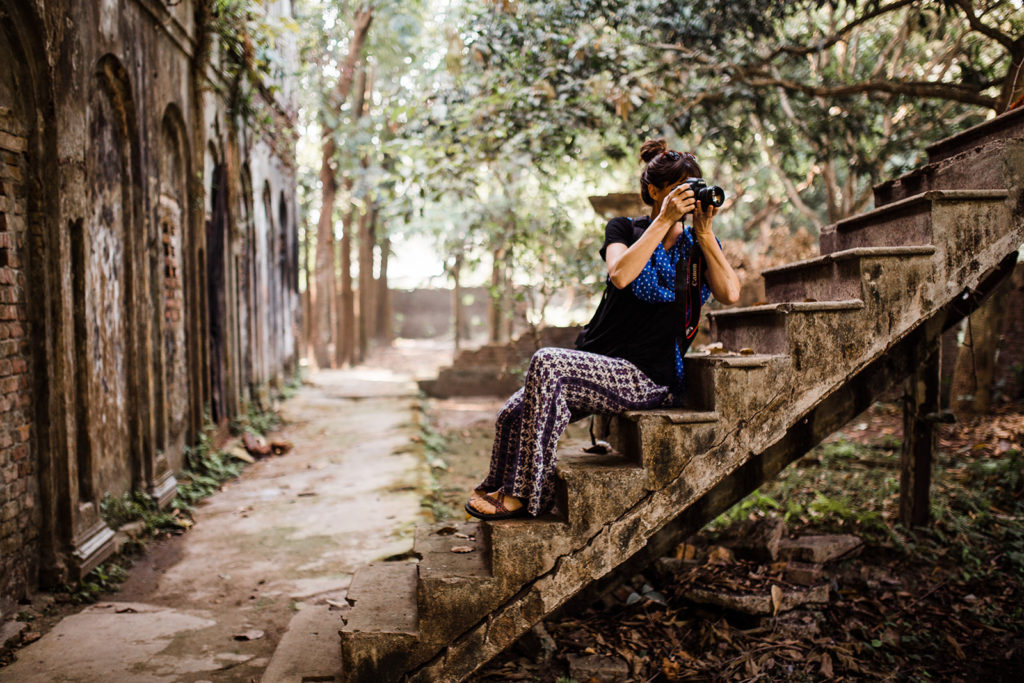
In my last post I shared how the church we attended went through a formal discerning period to decide whether or not we would be welcoming. Today I would like to lean into the idea further and talk about what it means to be affirming.
In spaces that are affirming, everyone is welcomed and celebrated, not just tolerated. There is an equal place at the table for everyone and equal opportunities to serve and be served. It looks a lot like equality and is the antithesis of discrimination.
Closer than you think
An estimated 4.5% of the population of the United States identify themselves as being LGBT (Lesbian, Gay, Bisexual and Transgender). If you add those who identify as Intersex , Asexual, or Non-binary, the numbers would be even higher.
This number does not necessarily decrease in churches. Statistically speaking, if you are sitting with 200 people on any given Sunday morning, there are at least 9 people around you who identify as queer. If your church is not a safe place for them, they are in the closet or cage, as some have called it.
These are your brothers, your sisters, your children. Your aunts and uncles, even grandparents. They are your people and they are nearer to you than you think. Imagine sitting up to Grandma’s table over the holidays with your extended family, tables overflowing. You look and see everyone welcome but not everyone is given a plate of food. Not everyone is given a place to serve. Some watch, hungry, so hungry. You say they are welcome, you say they are loved. But still they are hungry. Alone. Confused. You might as well not have welcomed them when the welcome is conditional.
What if we have it wrong?
Once you have lived this reality instead of talked about this issue, this looks a whole lot different. From where I am standing, the things we expect of our queer brothers and sisters are heartless. God is not heartless and does not discriminate. When I read the ancient texts, I see a Divine heart that calls everyone to the table.
What if there were another way we could look at this? Studies have repeatedly shown that sexual orientation is not a choice. I cannot imagine a loving God creating 4.5% of the population with orientations that he actually hates. Does this not niggle inside of you, jostling long held ideas, passed down generation after generation? What if we are the ones who have interpreted it all wrong?
To discriminate against a creature that is loved by the Divine is an unspeakable loss that leaves the rest of creation keening and reeling in chaos.
Imagine that we get to the end of our life and discover that God truly does hate 4.5% of the US because of their sexual orientation, this part of them that they did not choose. If God hates them but we were loving and affirming, they will have lived their life with a place at the table, treated with equality, and died knowing they were loved. It doesn’t affect me at that point (other then regretting that I had followed a God who hates). But what if God loves them enough to give them an equal place at the table and I was the one who shut them out? Then I am the one who has lost the most.
To discriminate against a creature that is loved by the Divine is an unspeakable loss that leaves the rest of creation keening and reeling in chaos.
An Equal Place at the table
One Sunday morning I was served communion by a transgender woman. As I took my bread to dip in the cup, I looked into her blue eyes as clear as glass and saw a soul that had found rest. Her blessing washed over me and I felt knots in my soul loosening and long held biases slipping away. It was the holiest of communions for me. We stood as equals, yet she was light years ahead of me in terms of bravery and authenticity. I humbly received the symbol of life from one who had died a thousand deaths and bravely chosen life.
Creating an equal place at the table creates beautiful space for light to shine through. We may even lose a place of prominence but we will be enriched by the presence of some of the world’s kindest and most decent souls. I should know; I’m married to one. Those who have died a thousand deaths and bravely continue to choose life are the very ones we need to model bravery and kindness in a time of so much division and hate.
Voices of others
I’d like to give space for the voices of others who speak so well on this topic. Here are links to a few –
Patrick Gothman tells a similar story here of being at a family table, welcomed but not equal. His story illustrates what it feels like to be gay in a non-affirming church.
Kimberly Knight shares that the difference between welcoming and affirming is equality.
Beckett Hanan tells what non-affirming actually means.
Sarah Bessey shares her journey of becoming affirming in Penny in the Air.
In his book Does Jesus Really Love Me? , Jeff Chu talks about the year he spent traveling across the US. He met with gay Christians across the country and shares story after story of churches and gay people that are all over the spectrum. Some with very closed doors, some welcoming, and some affirming.
If you are interested in finding a church that offers an equal place at the table, Church Clarity helps to score churches on issues of both LGBTQ policy and women in leadership.
Click on the button above to send me an email and I will let you know when new posts are up! If you or someone you love is in the closet, or if you are struggling with your own guttural grief and need someone to talk to, email me. I may not have time to answer you but I will read it and hold you in my heart.
Photo courtesy of Adrienne Gerber Photography.


